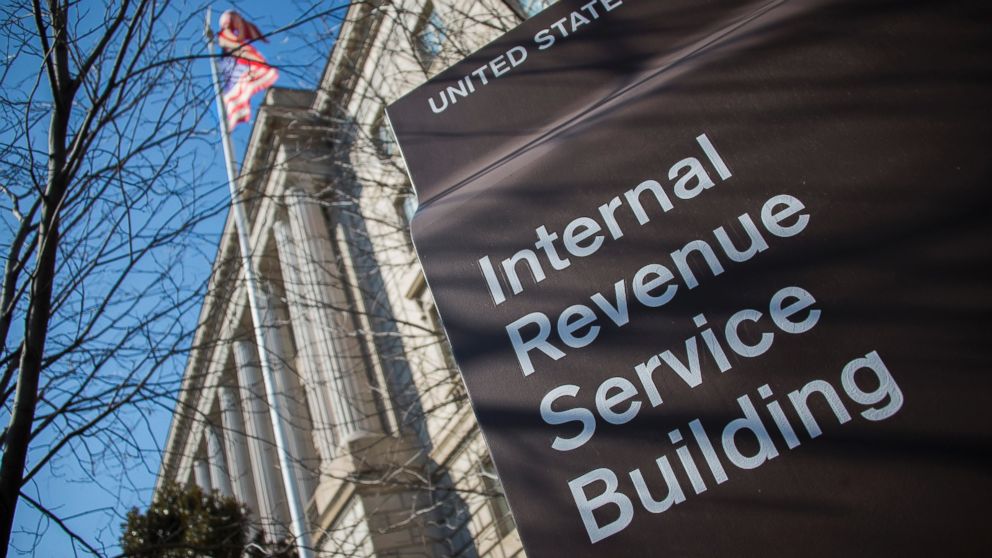'Pay Your Taxes Now or Be Arrested': The Dirty Dozen Tax Scams You Want to Avoid
IRS says it's on the hunt for tax-time cons.

Feb. 21, 2014— -- The caller claimed she was with the IRS' investigations department and she was bearing bad news: She had an arrest warrant for nonpayment of taxes.
This unnerving lie set the stage for a costly scam that ensnared the mother of an ABC News viewer in Jacksonville, N.C., who shared her story with the ABC News Fixer.
The scammer was so convincing, the woman immediately went out and bought $2,000 in prepaid debit cards to pay for back taxes and penalties the "agent" claimed she owed. But the con didn't stop there. Within three hours of handing over the money, the terrified victim got another call claiming that her payment was rejected and she'd have to pay another $3,500 to avoid immediate arrest.
She sent that money, too, before realizing later that she'd been scammed.
Sadly, that rip-off isn't unusual – in fact, it's one of the IRS' "Dirty Dozen" scams for 2014.
"There's quite a range of scams out there," said IRS spokesman Eric Smith. Consumers should remember that the IRS will never make an initial contact, out of the blue, by phone or email and ask for money or personal identifying information, Smith said: "We never do that."
Here are the top tax scams – done to taxpayers and by taxpayers – according to the IRS:
- Identity theft: It's the IRS' top scam and why you need to keep your personal information locked up. Thieves steal consumers' names, Social Security numbers and other info, then file a tax return – and obtain a refund – in the victim's name. If you believe you're at risk for identity theft due to lost or stolen personal information, you can call the IRS and ask them to secure your tax account.
- Phone scams: There's lot of variety here, with scammers impersonating IRS agents to steal your personal information or take your money. In some cases, the caller will say the consumer is entitled to a refund, but they need to provide their Social Security number or bank routing info. In others, they'll say the consumer owes back taxes and threaten them with arrest or the loss of their driver's license – or deportation, in the case of immigrant victims. "Spoofing" technology allows scammers to imitate the IRS' toll-free number on caller ID.
- Phishing: This is just like the phone scams – but online. The crooks use emails or fake IRS websites to lure their victims and get them to provide personal and financial information. Remember: the IRS never emails or texts taxpayers to ask for personal or financial information.
- False "free money": This scam plays upon the victim's greed by promising large federal refunds they aren't entitled to. Bogus tax preparers claim they can get you money based on false claims for education credits, the Earned Income Tax Credit (EITC) or the American Opportunity Tax Credit. Beware, though, because if you're involved in a false claim, you might wind up losing your real federal benefits, such as Social Security, veterans or low-income housing benefits, according to the IRS – and you could face a $5,000 penalty. On top of that, these shady "preparers" often charge a large fee.
- Preparer fraud: Most tax preparers are honest professionals. But there are scammers who are really just looking to commit identity theft. Only use preparers who sign the returns they prepare, enter their IRS Preparer Tax Identification Number (PTIN) and give you a copy of your return. You are legally responsible for what's on your return, even if someone else prepared it.




